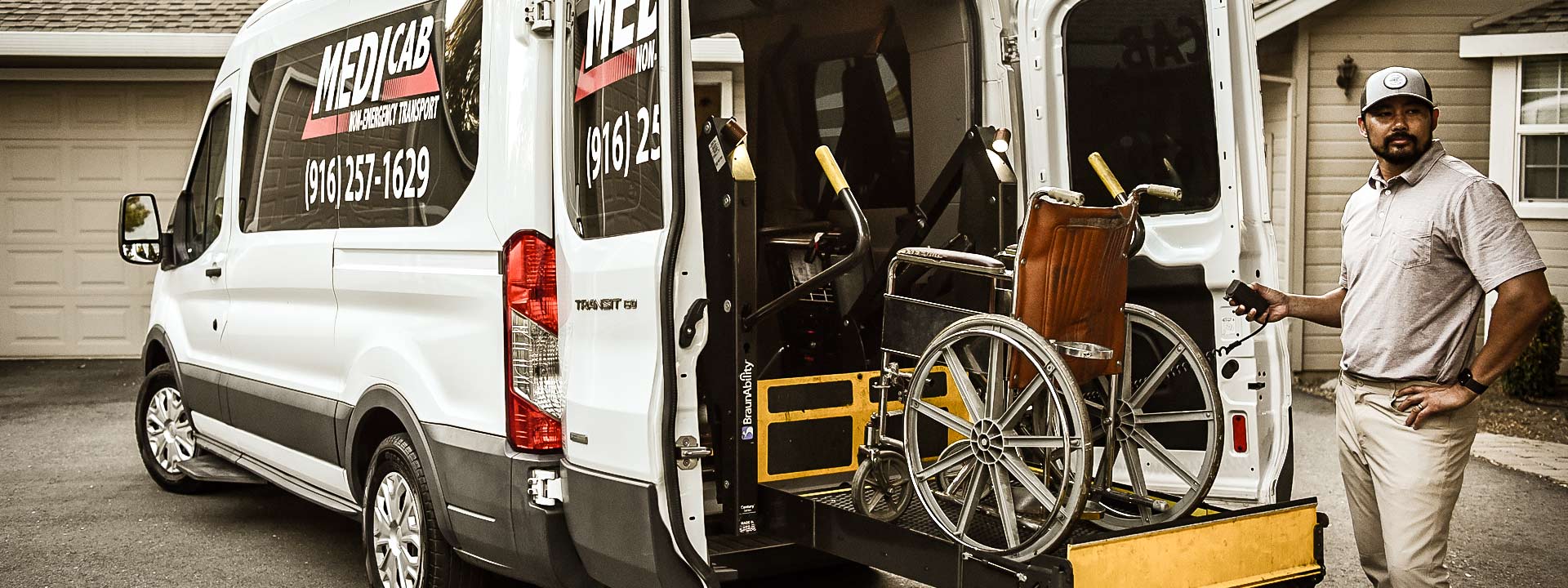In Placer County, California, residents facing the challenges of regular dialysis treatments understand the critical importance of reliable transportation. Dialysis, a life-sustaining procedure for individuals with kidney failure, demands consistent attendance, often multiple times a week. Yet, for many, accessing these treatments presents significant logistical hurdles, especially when mobility issues are involved. This is where services like Medicab play a pivotal role in ensuring that individuals can access the care they need promptly and safely.
Medicab is a specialized transportation service that caters to the unique needs of individuals requiring assisted transportation, including wheelchair transportation. Particularly in Auburn, California, where access to medical facilities might be limited for some residents, Medicab offers a lifeline, bridging the gap between patients and their essential dialysis treatments.
One of the primary challenges faced by individuals undergoing dialysis is the need for frequent, consistent attendance. Missing appointments can have serious health consequences, leading to complications and exacerbating existing conditions. For those with limited mobility or without access to personal transportation, this challenge is even more pronounced. Medicab services alleviate this burden by providing reliable and timely transportation, ensuring that patients can attend their dialysis appointments without unnecessary stress or delays.
Moreover, Medicab services in Placer County are tailored to accommodate individuals with diverse needs, including those requiring wheelchair-accessible transportation. This inclusivity is essential for ensuring that all members of the community have equal access to vital medical care. By offering specialized vehicles equipped with the necessary features and trained staff to assist patients, Medicab ensures that transportation barriers are minimized, allowing individuals to focus on their health and well-being.
The importance of Medicab services extends beyond mere convenience; it is a matter of health equity and social responsibility. Access to reliable transportation can significantly impact health outcomes, particularly for vulnerable populations such as the elderly or individuals with disabilities. By providing a dedicated transportation service specifically designed for medical needs, Placer County addresses disparities in access to healthcare services, thereby promoting a more equitable healthcare system.
In the context of dialysis treatments, the role of Medicab services becomes even more critical. Dialysis is not merely a medical procedure; it is a lifeline for individuals with kidney failure, allowing them to maintain a semblance of normalcy and quality of life. Missing even a single appointment can disrupt the delicate balance of their health, potentially leading to serious complications. By ensuring that patients have reliable transportation to and from their dialysis sessions, Medicab plays a vital role in safeguarding their well-being and promoting continuity of care.
The peace of mind that comes with knowing reliable transportation is available can alleviate stress and anxiety for both patients and their families. Navigating medical appointments and treatments can already be overwhelming, and transportation should not add to that burden. With Medicab services, individuals can rest assured that their transportation needs are taken care of, allowing them to focus on what truly matters—their health and recovery.
Medicab wheelchair transportation services in Placer County, particularly in Auburn, California, serve as a lifeline for individuals requiring regular dialysis treatments. By providing reliable and accessible transportation, Medicab plays a crucial role in ensuring that patients can access the care they need without unnecessary barriers or delays. Moreover, by addressing transportation challenges, Medicab promotes health equity and social responsibility, reaffirming the principle that access to healthcare is a fundamental right for all members of the community.

